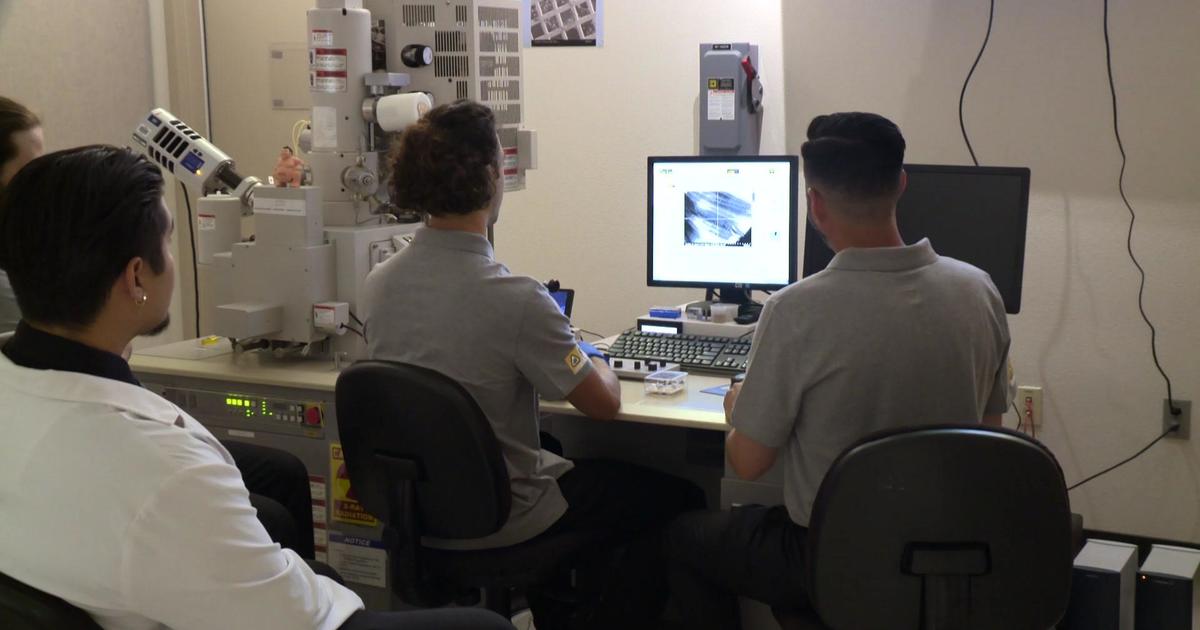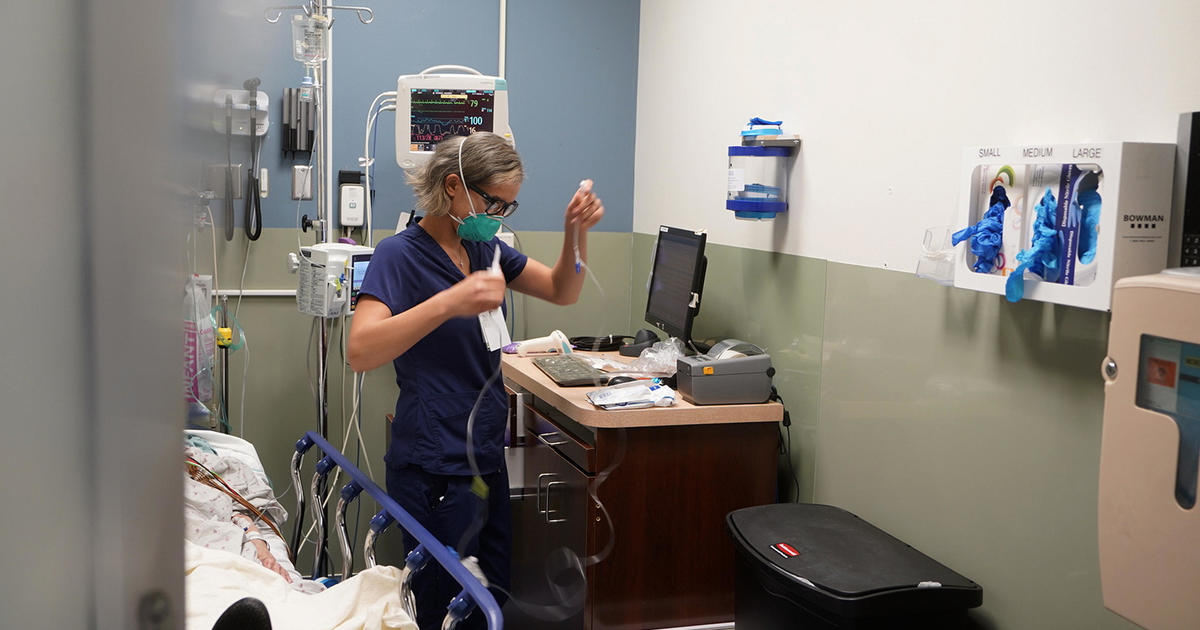Robots Expand Hospitals' Limited Access To Specialists
CARMICHAEL (CBS13) - A high-tech tool is changing the way some local hospitals are treating patients.
At Mercy San Juan in Carmichael, the doctor isn't in but is on the move thanks to a device that stands 5 feet tall with a rectangular head.
Sensors keep it from bumping into people or things. What it lacks in bedside manner, it makes up for in speed and accuracy when the seconds count.
"So this allows us to, within minutes, to actually be at the patient's bedside," said Dr. Asad Chaudhary, a stroke specialist at Dignity Health.
CBS13 meet with Chaudhary as he was serving as a "tele-doc," making tight turns and high-tech rounds with patients.
"It actually allows us to take care of a lot of stroke patients that otherwise would not have been candidates for acute stroke therapies," said Chaudhary.
The tele-doc can see the patient, who in turn gets a visual of the doctor. Nurses provide the human touch, while technology provides the possibility of an instant robotic relationship -- no matter where the doctor might be.
"I have provided stroke consultations in parking lots, gas stations, on the side of the freeway," said Chaudhary.
There are just 50 of these medical marvels in the country. It's a sci-fi like strategy to combat the growing shortage of stroke specialty physicians.
"Real doctors aren't available in all hospitals across the country. There's a lot of rural areas and suburban areas who don't have access to specialists, who can meet the needs of patients, who land in those hospitals," said Dr. Alan Shatzel, medical director of the Mercy Telehealth Network.
These robots help meet the need in a head-turning and life-saving way.
Dignity health has three of these robots. Kaiser has two in the Bay Area.



